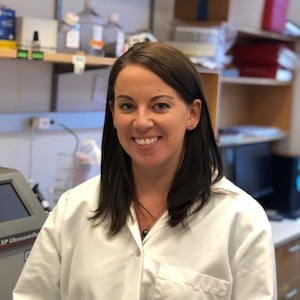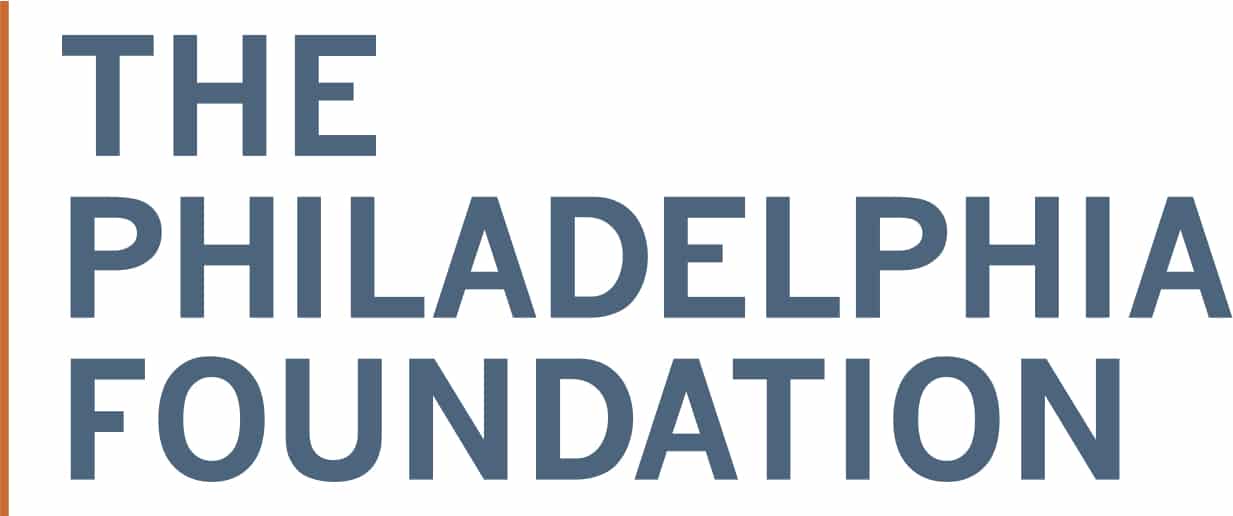Brody Fund at The Philadelphia Foundation: Supporting Cutting-Edge Medical Research to Cure Blindness
 Hereditary blindness has long been considered untreatable. But someday soon, a blind child may be able to see, thanks to the forward-thinking generosity of one woman and the gene therapy being developed by another.
Hereditary blindness has long been considered untreatable. But someday soon, a blind child may be able to see, thanks to the forward-thinking generosity of one woman and the gene therapy being developed by another.
Sara Brody wanted to support medical research focused on incurable diseases. So through her estate planning, she set up a fellowship honoring her family, which included her brother Louis Brody, M.D., at The Philadelphia Foundation. Now the Brody Family Medical Trust Fund provides an average of $70,000 a year for up to two years for full-time postdoctoral fellows in the early stages of their research into diseases that have a substantial societal impact and for which no consistently effective cure presently exists.
Finding a Cure for Hereditary Blindness
This year’s recipient is Katherine Palozola, Ph.D., a postdoctoral fellow at the University of Pennyslvania’s Center for Advanced Retinal and Ocular Therapeutics. (The Philadelphia Foundation’s board of managers is advised by an expert panel convened by The College of Physicians of Philadelphia when selecting among the applicants.) Palozola’s work involves replacing the mutated genes that cause blindness with healthy copies.
“We can take cells from a patient who has a disease-causing mutation and turn them into stem cells, which we can then use to do the very early-stage therapeutic development,” explains Palozola. “If we can get the therapy to work in a dish, we can move onto higher organisms and eventually humans.”
If successful, Palozola’s research would likely have broad relevance to other “delicate/resistant” cell types as a potential tool for gene therapy for other diseases.
Transcending Time and Technology
It’s been 14 years since Sara Brody passed away at age 96, but her legacy lives on—and her impact only grows. Since her endowed fund began giving out awards, it has also supported exploratory treatments for ALS, Alzheimer’s disease, Type I diabetes, heart disease, fibrosis, spinal cord injuries, HIV and cancer. The inaugural recipient’s findings were published in medical journal Immunity in 2016.
“The Brody fellowship is a powerful example of the extraordinary impact of planned giving,” says Pedro A. Ramos, president and CEO of The Philadelphia Foundation. “We are providing the best and brightest minds in our region with the tools they need to do cutting-edge work that will change lives. The Brody family laid out this bold vision in establishing this fellowship, and it is captured in Dr. Palozola’s meaningful research.”
A publicly supported foundation soon to enter its second century, The Philadelphia Foundation manages more than 900 charitable funds established by individuals like Sara—as well as families, institutions and businesses—to accomplish charitable purposes. To learn more about how to permanently sustain the cause that resonates with you, contact [email protected] at The Philadelphia Foundation or call 215-563-6417.
Sponsored by
